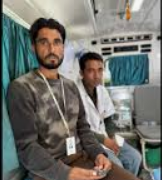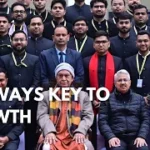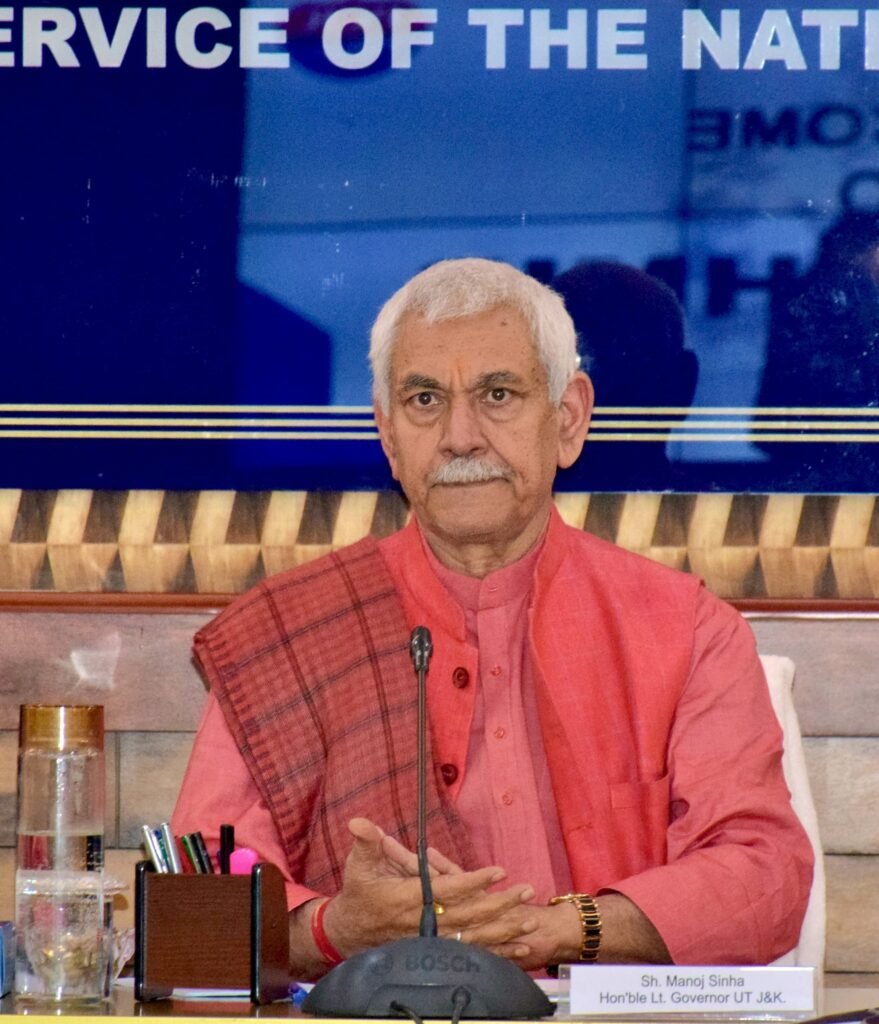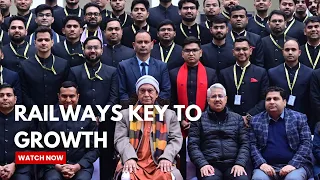CHASOTI , 19 August 2025: When the wall of water tore down the slopes above Chasoti at 12.30pm on August 14, ambulance driver Arif Rashid, 32, felt the sludge clutch at his knees and boulders roll past him. For a moment, he thought he would be dragged under. He clawed his way out and ran, thinking only of survival. Ten minutes later, when the torrent eased and the roar subsided, he turned back. In the silence that followed, he could hear something else — the cries of those still buried in the wreckage.
Without hesitation, Rashid scrambled towards the devastation. Houses had been flattened, cattle swept away, and villagers were trapped under mud and rubble. Ignoring his own bruises, he pulled people out, carried the wounded on his shoulders, and guided survivors to safer ground.
For the next three days and nights, Rashid never stopped. His ambulance became the lifeline of Chasoti — ferrying more than 60 injured villagers to hospitals in Kishtwar town. When survivors were safe, he returned for the dead, carrying bodies with the same resolve, giving dignity to those lost in the floods.
Local residents call him the “Hero of Chasoti”, crediting him with saving dozens of lives when official rescue teams struggled to reach the cut-off village. “If Arif had not been there, the toll would have been much higher,” said one villager, standing near the ruins of his home.
Officials too have acknowledged his bravery. A senior officer from the Kishtwar district administration described Rashid’s efforts as “extraordinary,” adding that his service stands as an example of humanity and resilience in the face of natural disaster.
The flash floods in Chasoti caused large-scale destruction, leaving families homeless and infrastructure badly damaged. Yet amid the despair, the story of Arif Rashid shines through as a reminder that in the darkest moments, ordinary individuals can rise to become true heroes.











